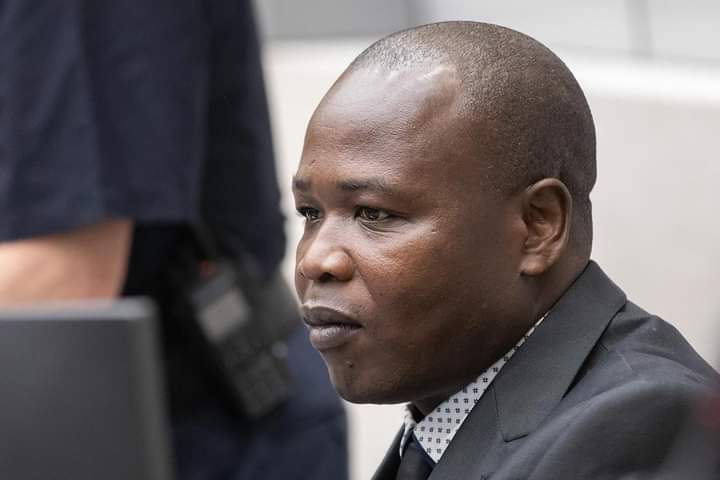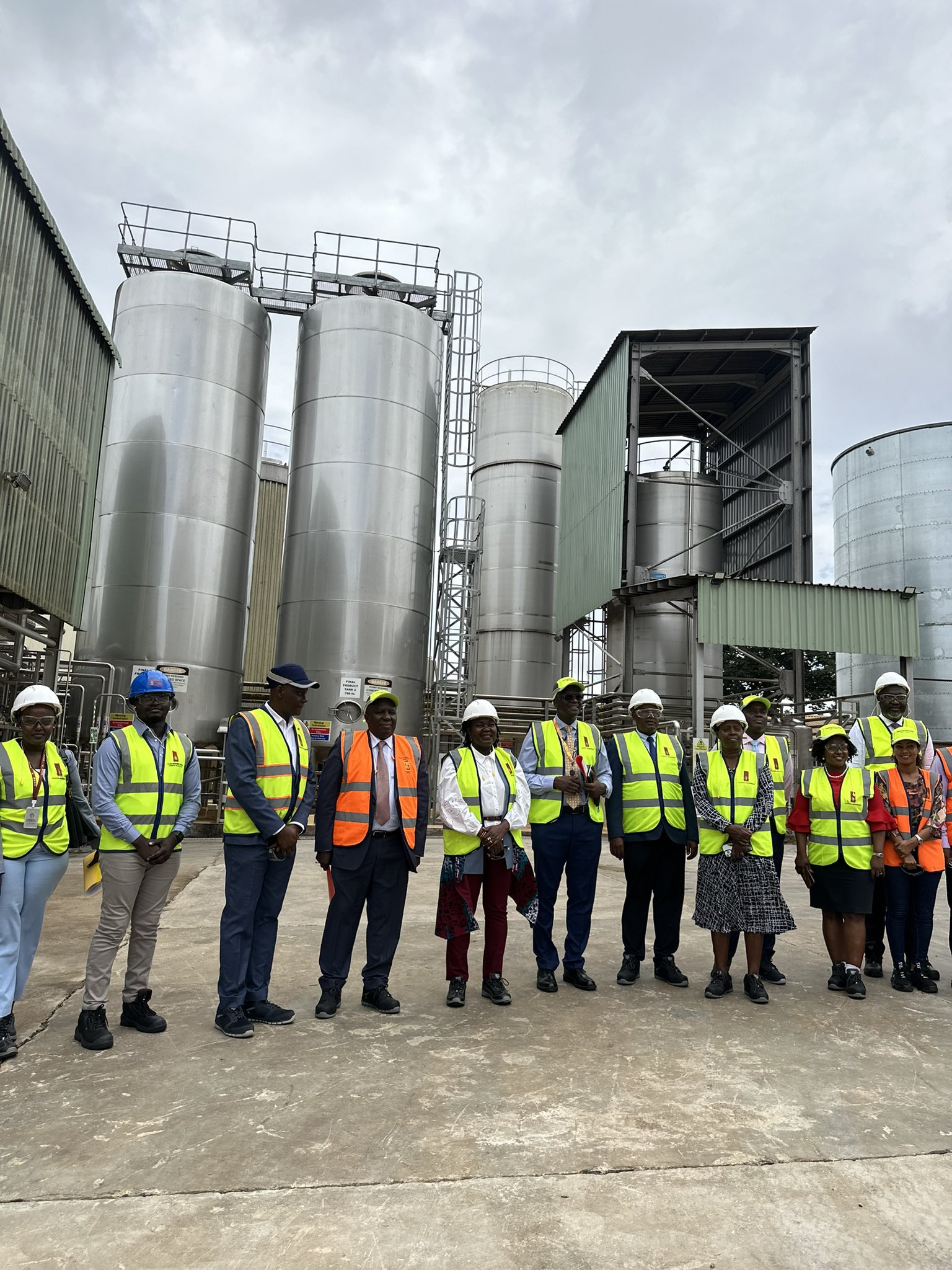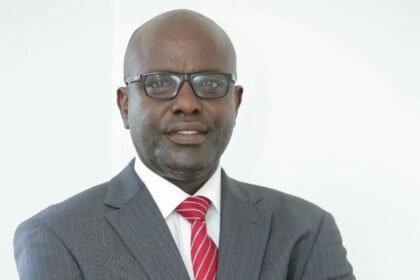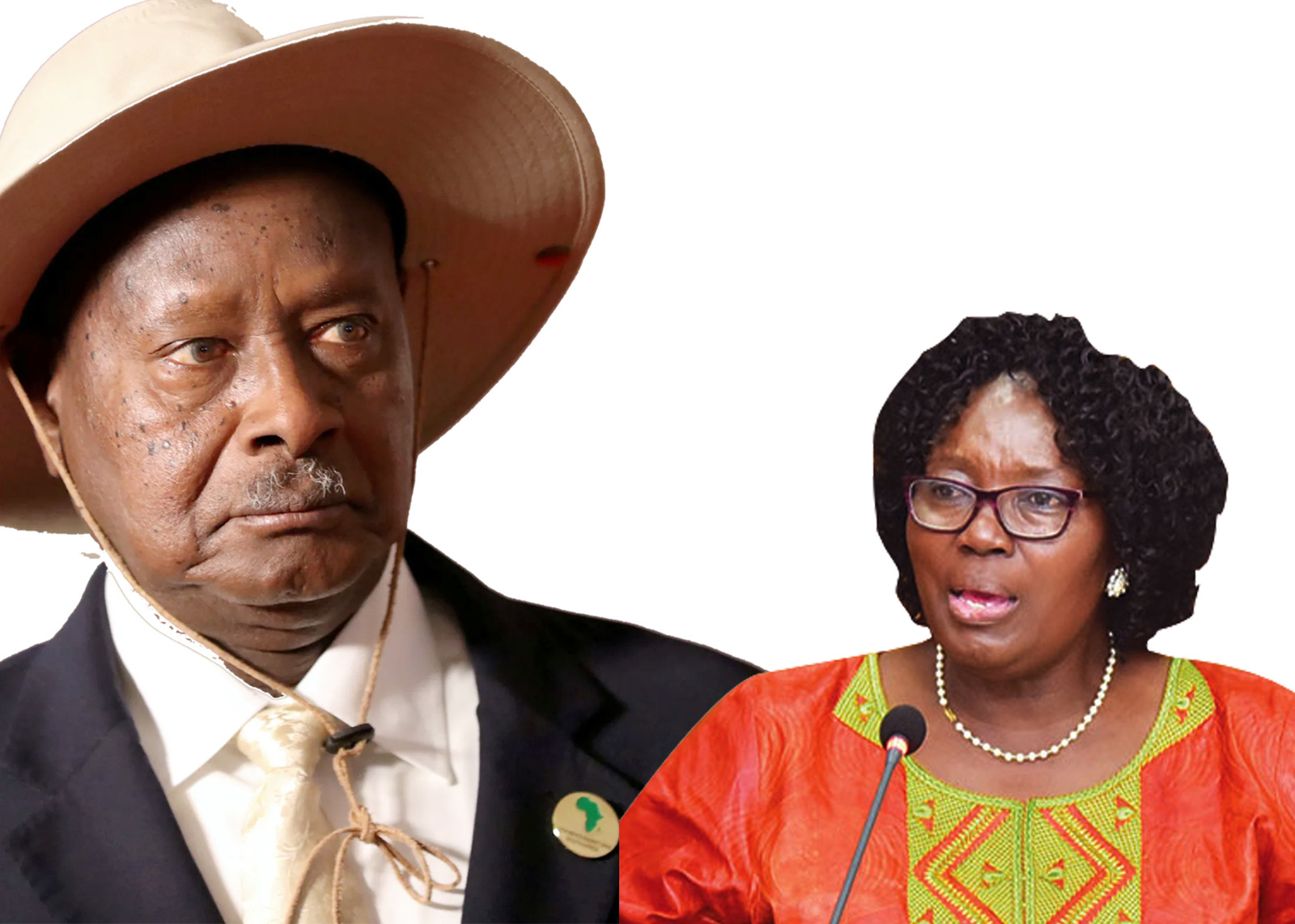The symposium on the reparation decision in the Dominic Ongwen case delves deep into the intricacies of justice and restitution following years of conflict and atrocities committed in Northern Uganda.
Ongwen, a former commander of the notorious Lord’s Resistance Army (LRA), stands sentenced to 25 years in prison, after being convicted of 61 counts of war crimes and crimes against humanity, including the heinous acts of forced marriage and forced pregnancy.
The significance of this case extends beyond its legal ramifications; it represents a beacon of hope for the thousands of victims whose lives were shattered by violence and terror.
Nearly 50,000 victims of his brutal and inhumane actions will get a total of over 52 million euros ($56 million) in compensation, International Criminal Court judges ruled on February 8th in a record reparations order.
Victim-Centred Approach:
The victim-centred approach, championed by legal scholars Alejandra Vicente and Renata Politi, advocates for a paradigm shift in reparations processes. It emphasizes the active involvement of victims in decision-making, ensuring that their voices are heard and their needs addressed.
However, the practical implementation of such an approach poses significant challenges. With victims dispersed across remote villages and urban centers, reaching them and ensuring their participation in consultations becomes a logistical puzzle.
For instance: ahead of the ruling Louis Lakor, a 29-year-old Ugandan who was kidnapped by the LRA as a boy, told the Reuters news agency that reparations could only ever be symbolic “because in reality there’s no amount of money that can compensate for the crimes the LRA committed”.
Moreover, the diversity of victim experiences complicates efforts to tailor reparations programs to meet their specific needs, particularly in cases where victims are not directly linked to Ongwen’s crimes.
“How can you compensate those who died, or those with invisible wounds or victimhood like the children who were born in the bush, those whose parents were killed?” Lakor asked.
Child-Centred Approach:
The plight of children affected by the conflict occupies a central place in discussions surrounding reparations. The Chamber’s adoption of a child-centred approach acknowledges the unique vulnerabilities faced by children born of war, forced marriage, and sexual violence.
However, the complexities of addressing their needs extend beyond mere material assistance. Legal experts highlight the urgent need for legal reforms in Uganda to safeguard the rights of these children, particularly regarding birth registration and citizenship.
The challenge lies not only in providing immediate support but also in ensuring their long-term integration and well-being within society.
Family-Centred Approach:
The family-centred approach recognizes the profound impact of conflict on familial and communal bonds. It advocates for reparations measures that address not only individual harms but also the broader social fabric torn apart by violence.
However, implementing such an approach requires navigating delicate dynamics within families and communities. Issues of marginalization and power imbalances must be carefully addressed to ensure that reparations efforts promote healing and reconciliation rather than exacerbating existing tensions.
Government-Led But People-Centric Approach:
The government-led but people-centric approach seeks to strike a balance between state intervention and community participation in reparations processes.
While the Ugandan government has expressed support for collective reparations, concerns linger regarding corruption and the lack of a formal reparations program. Collaboration between governmental authorities and civil society organizations is essential to ensure that reparations efforts are transparent, inclusive, and sustainable.
Moreover, the need for legal frameworks to support reparations initiatives underscores the broader challenges of institutional reform and transitional justice in post-conflict societies.
In the final analysis, the symposium serves as a forum for critical reflection and dialogue on the complexities of reparations in the aftermath of conflict.
By examining the nuances of these four approaches, stakeholders can chart a path forward that upholds the principles of justice, dignity, and reconciliation for all those affected by the horrors of war.
Do you have a story in your community or an opinion to share with us: Email us at Submit an Article









